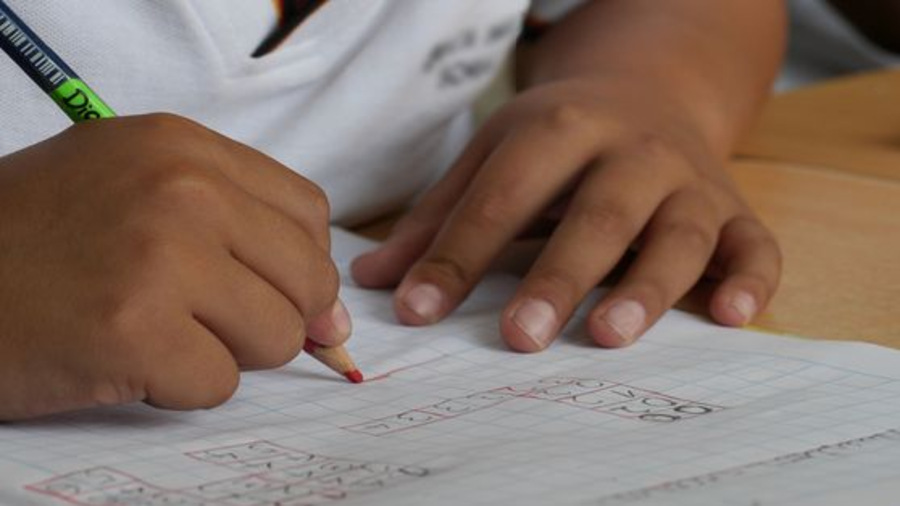Indian parents preferentially enrol their sons over their daughters in private schools, which tend to be expensive but are deemed to offer better-quality education than government schools, the United Nation’s education arm has found.
“In India, this pro-male bias is seen regardless of community, caste, income and parental education,” says Unesco’s Global Education Monitoring Report 2022, released last week.
It says that globally, boys enjoy a small advantage over girls in the matter of private schooling, both at the primary level (a gap of 1.5 percentage points) and the secondary level (1.9 points).
But the figures vary widely between countries and continents, with girls holding the advantage in Central and Western Africa, Europe and the Caribbean. However, in South Asia, the male bias is pronounced.
“India has the region’s biggest gaps, of around six percentage points at both levels (47 per cent vs 41 per cent in primary and 55 per cent vs 49 per cent in secondary education),” the report says.
“In South Asia, gender biases favour boys in education. Higher household education expenditure for sons in India and Pakistan tends to reflect decisions to send boys to private schools.”
Vinod Kumar Singh, a teacher at a Kendriya Vidyalaya Sangathan school in Delhi, said many parents tend to follow their sons’ academic progress more seriously than that of their daughters.
“The thinking among Indian parents is the son would take care of them in old age. There is also the religious angle, particularly among Hindus, who believe the son is more important than the daughter because he will lit their funeral pyre,” he said.
Kiran Mehta, academic and former principal of the Salwan Public School, said the dowry system too plays a big role in dissuading parents from providing expensive education to their daughters.
“The parents believe that the daughter ‘will go to another family’ after marriage, and the in-laws will seek dowry. So they save on her educational expenses to be able to pay dowry later,” she said.
Mehta said many educated parents too show the pro-son bias.
She said quality education was important for all children to help them become self-dependent and look after their families better.
“An educated mother, even if unemployed, can still handle her children’s health and hygiene much better,” she said.
The Unesco report found that in the Caribbean island-nation of Grenada, 75 per cent of girls but only 51 per cent of boys are enrolled in private secondary school. In Saint Vincent and the Grenadines, too, girls enjoy an advantage but the gap is narrower at six percentage points.
It’s the opposite in “Western Asia, notably in the Gulf States, but also in Israel, Palestine and especially Jordan, where the gap (in favour of boys) is 10 percentage points in primary (39 per cent vs 29 per cent) and 8 percentage points in secondary (education)”.











